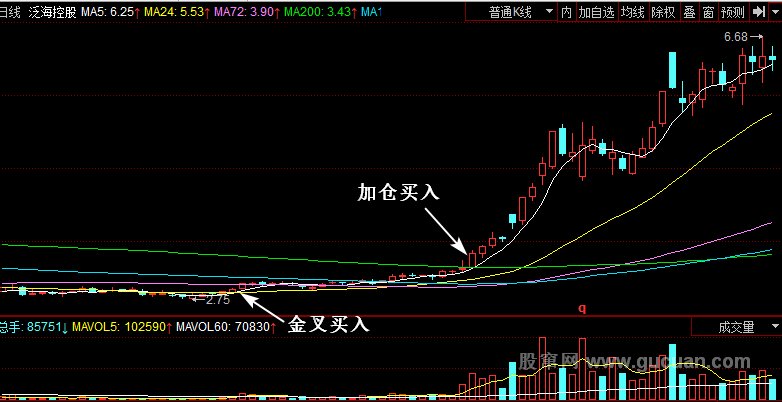Where to Start with Stock Trading? Key Points to Note
1. How to Begin Learning Stock Trading?
-
Basic Knowledge: Understand stock types, market mechanisms, and trading rules.
-
Technical Analysis: Learn to use charts (K-line, MACD, RSI, moving averages) to analyze trends and make decisions.
-
Fundamental Analysis: Study company financials, growth prospects, and industry position.
-
Practical Experience: Practice risk management, position sizing, and trading strategies.
-
Also, monitor industry trends, economic policies, and global events, as they impact markets.

2. How to Improve After Mastering the Basics?
-
-
Macroeconomic Analysis: Track economic cycles and industry trends to predict market movements.
-
Trading Psychology: Control emotions (greed/fear) to avoid impulsive decisions.
-
Advanced Technical Analysis: Master complex indicators and trend strategies.
-
In-Depth Financial Analysis: Analyze balance sheets, cash flow statements, and income statements to assess risks.
-
Corporate Governance: Study management structures and board dynamics to identify opportunities.
3. Influential Stock Market Theories
-
Dow Theory (Charles Dow): Markets move in trends, predictable via technical analysis.
-
Gann Theory (W.D. Gann): Markets follow cyclical patterns (e.g., 57-day rule, "rising sun, falling moon").
-
Mean Reversion: Prices eventually return to averages, creating arbitrage chances.
-
Elliott Wave Theory: Trends consist of repetitive wave patterns for forecasting.
-
Modern Portfolio Theory (Markowitz): Diversification balances risk and return.
-
Value Investing (Benjamin Graham): Buy undervalued stocks for long-term gains.
-
Growth Investing: Focus on high-growth companies for capital appreciation.
-
Mastering these theories enhances investment skills.
-
















